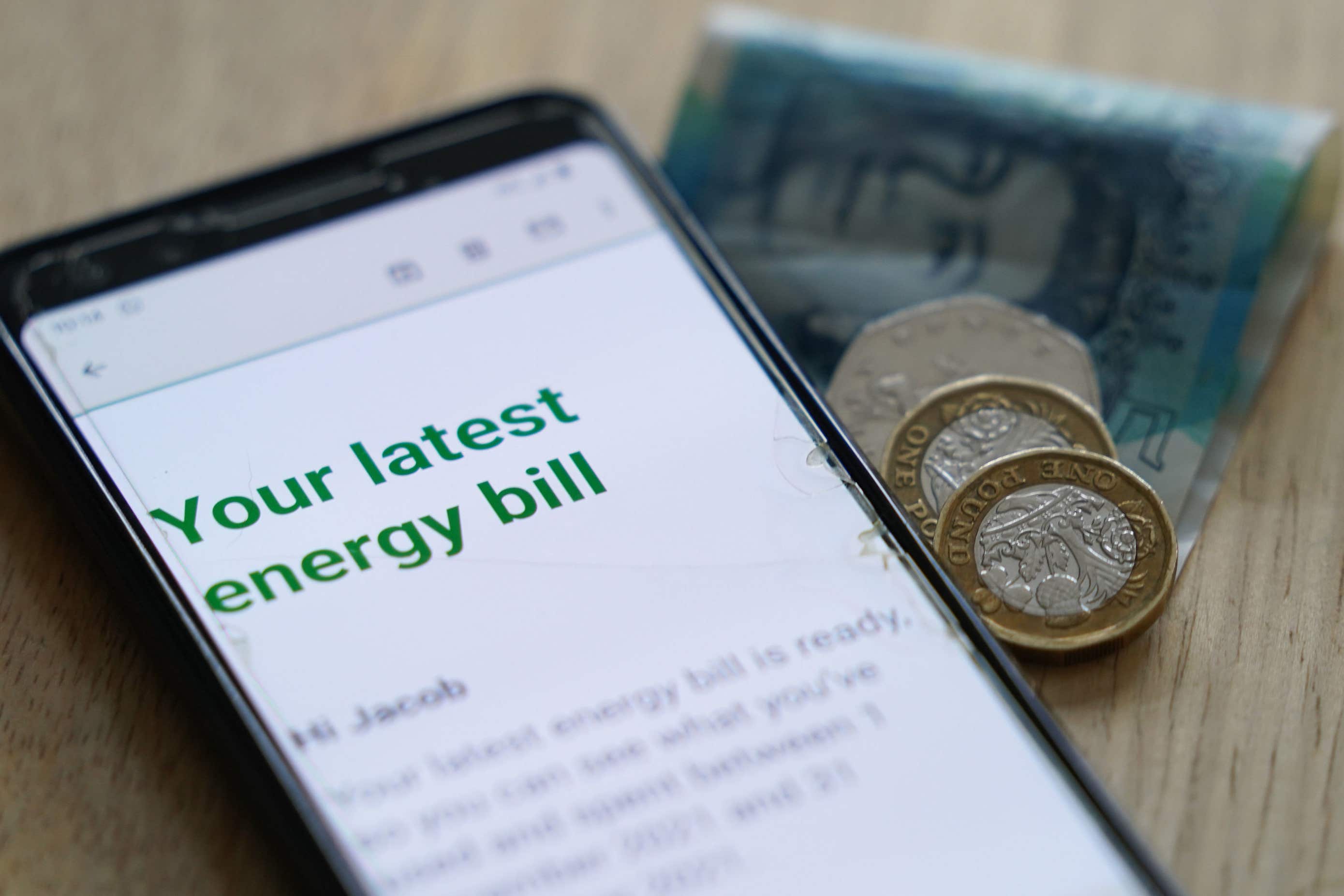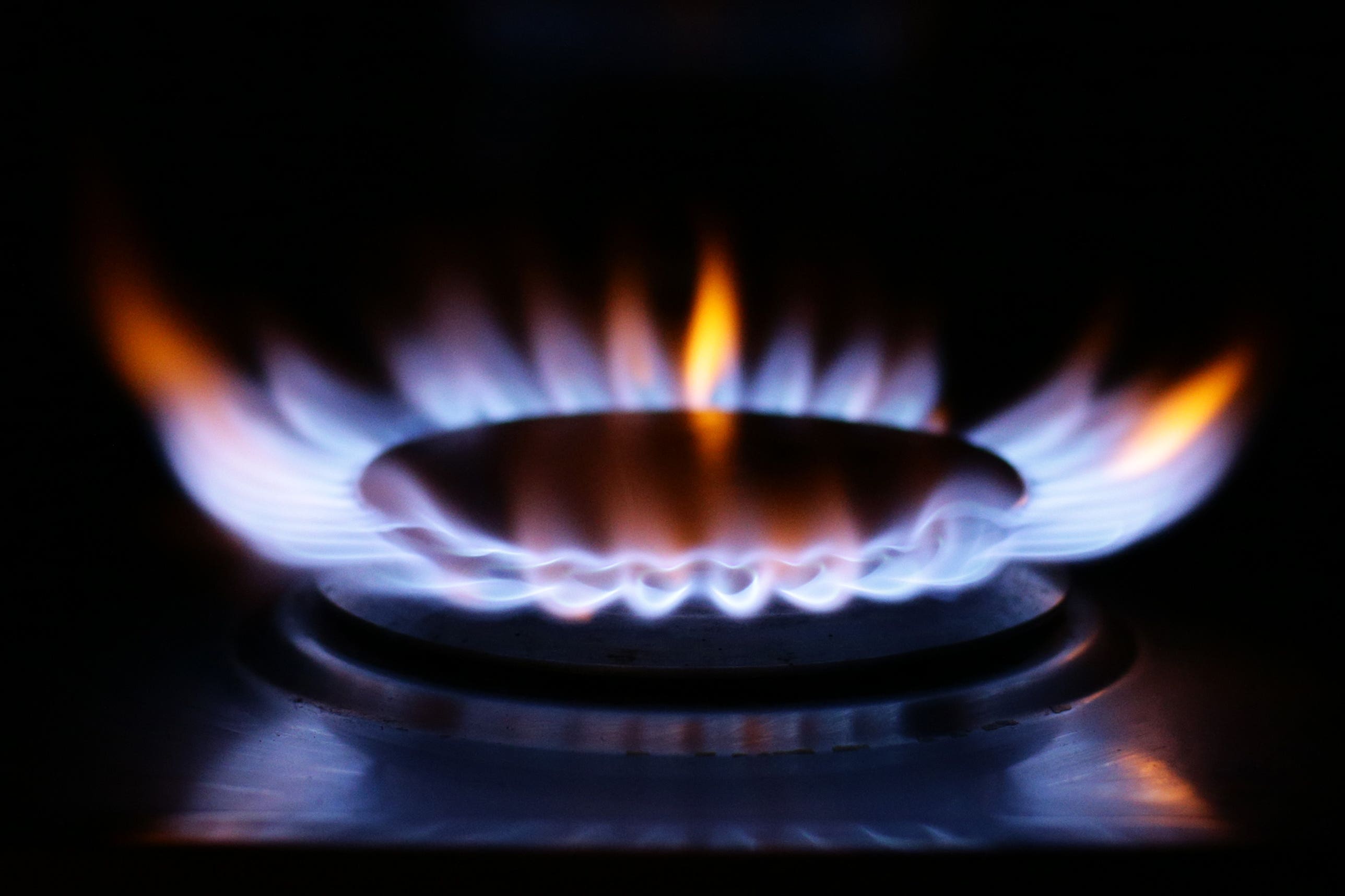Households to pay more for energy than they did last winter despite lower price cap, research shows
Average monthly energy bills will be £32.33 more expensive next winter compared to 2023, research shows

Millions of households will still pay more for energy than they did last winter despite Ofgem’s lower price cap, figures show.
The average monthly energy bill paid by households between January and March 2024 will be £32.33 more expensive than it was over the same period in 2023, research by Citizens Advice suggests.
Last winter, households paid an average of £141.33 per month for energy, due to government support schemes. But Britons are estimated to pay £173.55 per month this winter, according to the research.
It comes as the regulator lowered the energy price cap, meaning typical households will see annual bills fall from £2,053 to £1,923 from 1 October.
However, the charity warned the revised cap will “do little” to help lower income households and “increasing numbers” of people didn’t have enough money to cover essential bills.
Gillian Cooper, head of energy policy at Citizens Advice, said: “Increasing numbers of people we help are in a negative budget, where they simply don’t have enough money coming in to cover even just their essential bills.
“The next few months will push households like these over the edge. Our data suggests it will be as bad, if not worse, than last winter. Government must step in quickly with more targeted support for the households who need it most.”

The price cap, which sets a maximum price energy suppliers can charge consumers for each kilowatt hour of energy they use, is still £646 higher than it was in October 2021, when it came in at £1,277.
Wholesale prices hit record highs in Britain and Europe last year after Russia’s invasion of Ukraine restricted gas supplies.
Although prices for gas and electricity have fallen by 85 per cent and 80 per cent respectively, there is still market volatility and the price cap remains 60 per cent higher than it was two years ago.
National Energy Action also warned that the price cap did not “protect those” who “simply cannot afford the cost of keeping warm”. It urged “direct government intervention” through “bill support, social tariffs and energy efficiency”.
It said: “For a third straight winter, vulnerable households will face stubbornly high bills and an increasing energy debt mountain. This winter there is no price guarantee and no £400 Energy Bills Support Scheme.
“The absence of targeted further financial support this winter to reduce the energy bills of the most vulnerable will mean millions of unheated homes and spiralling debt.
“It will add to the queues of people for the NHS and for the overstretched resources of charities like National Energy Action.
“The UK Government can still act – by directly reducing energy bills via targeted energy discounts or a more targeted Energy Price Guarantee for low-income and vulnerable households.”
Every three months, regulator Ofgem reviews how much companies can charge for each unit of energy, reflecting the cost paid by suppliers for wholesale energy, costs to supply energy on the network and VAT.
Join our commenting forum
Join thought-provoking conversations, follow other Independent readers and see their replies
Comments


Bookmark popover
Removed from bookmarks